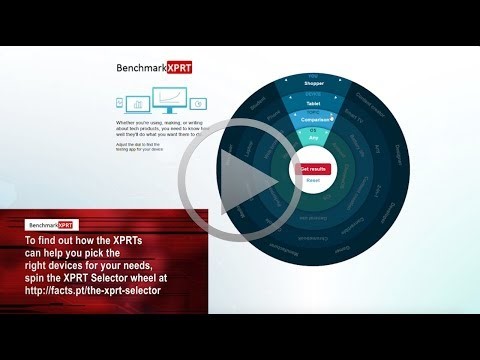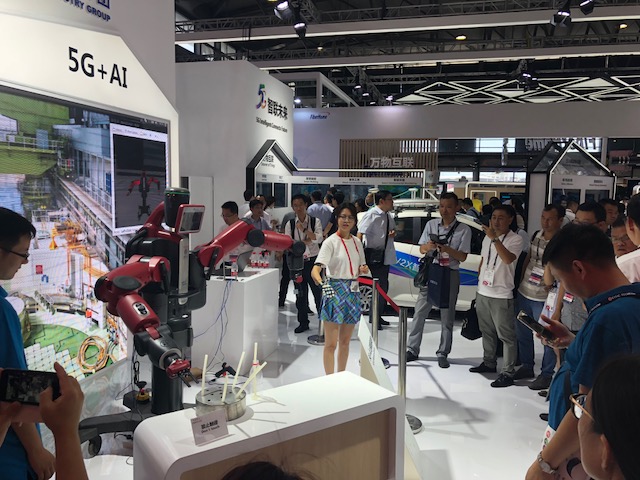More is more data, which the trillions of devices in the coming Internet of Things will be pumping through our air into our (computing) clouds in hitherto unseen quantities.
Faster is the speed at which tomorrow’s 5G networks will carry this data—and the responses and actions from our automated assistants (and possibly overlords).
Better is the quality of the data analysis and recommendations, thanks primarily to the vast army of AI-powered analytics engines that will be poring over everything digital the planet has to say.
Swimming through this perpetual data tsunami will be we humans and our many devices, our laptops and tablets and smartphones and smart watches and, ultimately, implants. If we are to believe the promise of this year’s Mobile World Congress in Barcelona—and of course I do want to believe it, who wouldn’t?—the result of all of this will be a better world for all humanity, no person left behind. As I walked the show floor, I could not help but feel and want to embrace its optimism.
The catch, of course, is that we have a tremendous amount of work to do between where we are today and this fabulous future.
We must, for example, make sure that every computing node that will contribute to these powerful AI programs is up to the task. From the smartphone to the datacenter, AI will end up being a very distributed and very demanding workload. That’s one of the reasons we’ve been developing AIXPRT. Without tools that let us accurately compare different devices, the industry won’t be able to keep delivering the levels of performance improvements that we need to realize these dreams.
We must also think a lot about how to accurately measure all other aspects of our devices’ performance, because the demands this future will place on them are going to be significant. Fortunately, the always evolving XPRT family of tools is up to the task.
The coming 5G revolution, like all tech leaps forward before it, will not come evenly. Different 5G devices will end up behaving differently, some better and some worse. That fact, plus our constant and growing reliance on bandwidth, suggests that maybe the XPRT community should turn its attention to the task of measuring bandwidth. What do you think?
One thing is certain: we at the Benchmark XPRT Development Community have a role to play in building the tools necessary to test the tech the world will need to deliver on the promise of this exciting trade show. We look forward to that work.
















